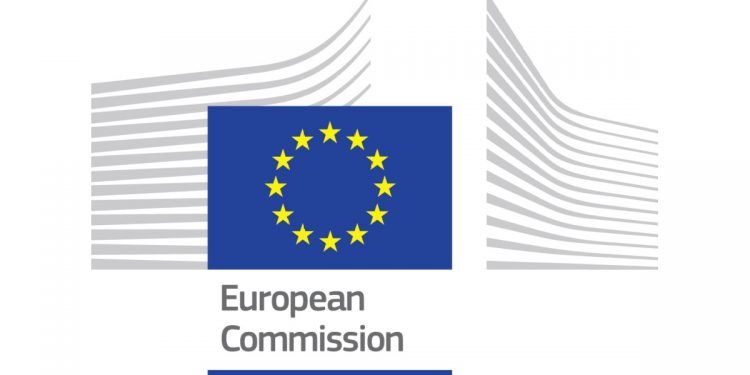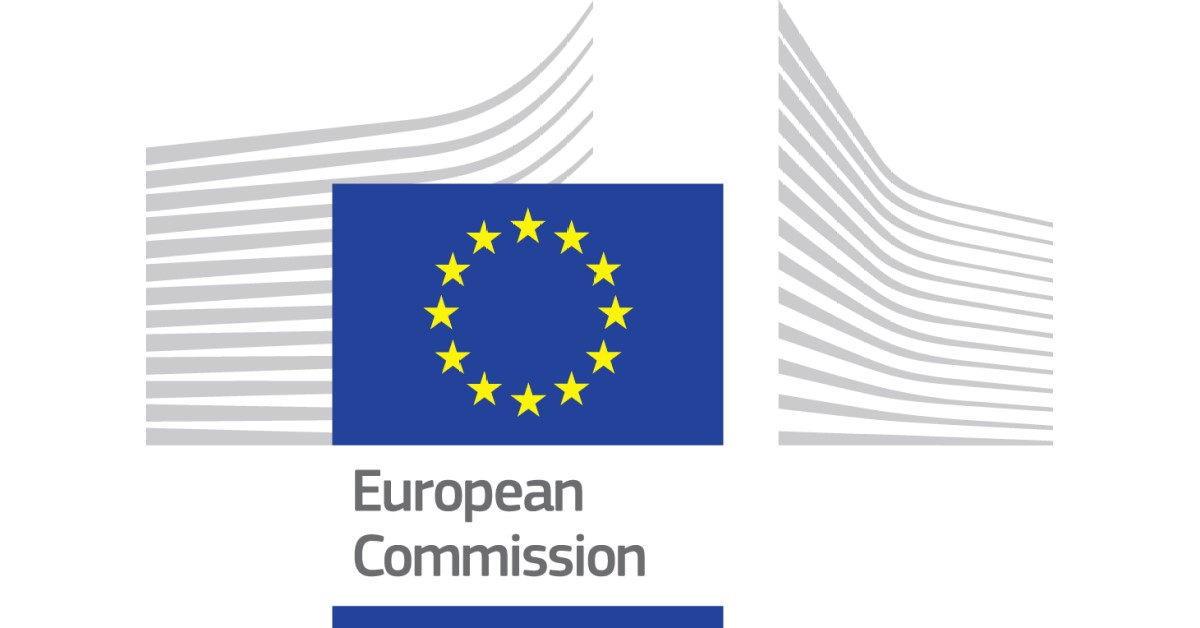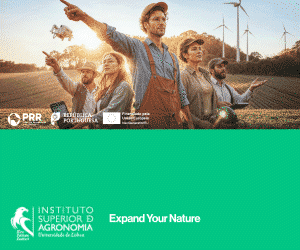The provisional political agreement reached today by the European Parliament and Council on the new Common Agricultural Policy introduces a fairer, greener, more animal friendly and flexible CAP. Higher environmental and climate ambitions, aligned with Green Deal objectives, are to be implemented from January 2023. The new CAP will also ensure a fairer distribution of CAP support, especially to small and medium-sized family farms and young farmers.
Based on simpler rules set up at EU level, each Member State will prepare a strategic plan to implement the policy over the next five years. This will allow them to take local conditions into account and to focus on performance.
Executive Vice-President Timmermans said: “Throughout the negotiations, the Commission has worked for a new Common Agricultural Policy that can support the Green Deal. The agreement reached today marks the start of a real shift in how we practice agriculture in Europe. In the next years, we will protect wet- and peatlands, dedicate more farmland to biodiversity, boost organic farming, open up new income sources for farmers via carbon farming, and begin to redress inequalities in the distribution of income support.”
Agriculture Commissioner Janusz Wojciechowski said: “I am glad that we have reached a political agreement on a new CAP in time for its implementation by the beginning of 2023. The new CAP combines higher environmental, climate and animal welfare ambitions with a fairer distribution of payments, especially to small and medium-sized family farms as well as young farmers. I now count on Member States to develop ambitious CAP strategic plans that are in line with our objectives, and that will provide the right tools to support our farmers in the transition to a sustainable food system.”
A fairer CAP
- For the first time, the CAP will include social conditionality, meaning that CAP beneficiaries will have to respect elements of European social and labour law to receive CAP funds.
- Redistribution of income support will be mandatory. Member States will redistribute at least 10% to the benefit of smaller farms, and must describe in their strategic plan how they plan to do this.
- Support for young farmers will have a new mandatory minimum level of 3% of Member States’ budgets for CAP income support to young farmers (farmers up to 40). This could cover income support, investment or start-up aid for young farmers.
A greener CAP
The new CAP will support the transition towards more sustainable agriculture with increased ambition for climate, environment, and animal welfare. This will enable implementation through the National Strategic Plans in line with the Green Deal and its Farm to Fork and Biodiversity strategies. It also introduces new tools that, combined with the new way of working, will enable a more efficient and better-targeted environmental, climate and animal welfare performance:
- Consistency with the European Green Deal: The new CAP will fully integrate EU environmental and climate legislation. CAP Plans will contribute to the targets of the Farm to Fork and Biodiversity Strategies, and will be updated to take into account the changes in the climate and environmental legislation from the European Green Deal.
- Conditionality: the minimum requirements CAP beneficiaries have to comply with to receive support are now more ambitious. For example, on every farm at least 3% of arable land will be dedicated to biodiversity and non-productive elements, with a possibility to receive a support via ecoschemes to achieve 7% . All wetlands and peatlands will be protected.
- Ecoschemes will be mandatory for Member States to offer. This new voluntary instrument will reward farmers for implementing climate and environmentally-friendly practices (organic farming, agroecology, integrated pest management, etc.) as well as animal welfare improvements. Member States must allocate at least 25% of their income support budget to ecoschemes, a total of €48 billion of the direct payments budget.
- At least 35% of rural development funds will be allocated to agri-environment commitments, which promote environmental, climate and animal welfare practices.
- The CAP budget must contribute significantly to the Union’s overall climate spending. To ensure a realistic and robust calculation, by 2025 the Commission will propose a new, differentiated approach that moves beyond the existing methods.
A more flexible CAP
The new CAP introduces a new way of working, where each Member State will draft a national CAP strategic plan describing how the CAP objectives as well as and Green Deal objectives as described in the Farm to Fork and Biodiversity Strategies will be achieved.
In addition, the new CAP focuses on performance thanks to:
- Simpler rules at EU level.
- An annual performance report to be submitted by Member States to the Commission from 2024 onwards, complemented by an annual review meeting.
- The Commission will review the performance of the CAP strategic plans in 2025 and 2027, to be followed up, when necessary, by a request for action to Member States by the Commission.
- A set of common indicators to monitor the implementation of the CAP and assess the performance of CAP strategic plans.
Strengthening the position of farmers in a competitive agri-food sector
- The new CAP maintains an overall market orientation, with EU farms operating according to market signals while taking advantage of opportunities outside the EU resulting from trade.
- It also reinforces the position of farmers in the food supply chain by expanding the possibilities for farmers to join forces, including by means of certain exceptions from competition law.
- A new agricultural reserve will be introduced to fund market measures in times of crises, with an annual budget of at least €450 million.
Next steps
The new CAP, covering three regulations (Horizontal, Strategic Plan and Common Market Organisation regulations), has to be formally approved by the European Parliament and adopted by the Council before it can enter into force.
As for the CAP strategic plans, Member States have until the 31 December 2021 to submit their draft plans. The Commission will then have six months to assess and approve the plans, which will then enter into force beginning of 2023.
Background
The Commission presented its proposals for the CAP reform in 2018, introducing a more flexible, performance and results-based approach that takes into account local conditions and needs, while increasing EU level ambitions in terms of sustainability.
The European Parliament and Council agreed on their negotiating positions on the reform of the CAP respectively on 23 and 21 October 2020, leading to the start of the trilogues on 10 November 2020.
The Commission published the Farm to Fork and Biodiversity strategies in May 2020. These two strategies were presented in the context of the European Green Deal to enable the transition towards increased sustainability of our food systems and to tackle the key drivers of biodiversity loss.
























































Discussão sobre este post